In a bit of levity last week, Justice Kagan quoted Dr. Suess in Yates v. United States. In her dissent she wrote: “A fish is, of course, a discrete thing that possesses physical form. See generally Dr. Seuss, One Fish Two Fish Red Fish Blue Fish (1960).” The opinion was well timed considering that March 2 is Dr. Seuss’s birthday. (I didn’t know until my kids came home and told me that I forgot to get them Dr. Seuss costumes. Apparently this is something schools do these days.) Anyhow, it got me wondering about other times the United States Supreme Court had dropped its habitual formality and made reference to popular culture. The following is an incomplete list. Feel free to leave a comment with an addition.
1. Lone Ranger
In his dissent in Kyles v. Whitley, Justice Scalia used the Lone Ranger as an example of why seeing a suspect’s face should be enough to identify him or her. “[I]t is why the Lone Ranger wears a mask instead of a poncho; and it is why a criminal defense lawyer who seeks to destroy an identifying witness by asking ‘You admit that you saw only the killer's face?’ will be laughed out of the courtroom.”
2. Superman
In Bertman v. J.A. Kirsch Co., Justice Black dissented because he thought the majority had unrealistic expectations about an attorney’s ability to know that the State had filed a last-minute appeal in his client’s case.
“I am aware of the argument that an able, alert, ever-diligent lawyer could have, had he tried hard enough, discovered that the Government had appealed—even in the closing hours of the sixtieth day. I do not doubt that had Bertman's counsel been Superman, his X-ray eyes would have told him that a notice of appeal was being filed blocks away in the courthouse, or had he been a lawyer with no clients but Bertman he could have spent the sixtieth day hovering at the clerk's office to see whether the Government would file a notice of appeal. But Bertman's counsel (so far as the record shows) is not Superman, nor should the law expect him to be.”
3. Cinderella, Snow White, and Lord of the Flies
Most of the pop culture references come in dissents where the justices write in the first-person and generally have a bit more liberty. In Brown v. Entertainment Merchants Ass’n, however, the majority used the Brothers Grimm, The Odyssey, Dante’s Inferno, and the Lord of the Flies to illustrate how much violent imagery we present to children.
"Certainly the books we give children to read—or read to them when they are younger—contain no shortage of gore. Grimm's Fairy Tales, for example, are grim indeed. As her just deserts for trying to poison Snow White, the wicked queen is made to dance in red hot slippers "till she fell dead on the floor, a sad example of envy and jealousy." The Complete Brothers Grimm Fairy Tales 198 (2006 ed.). Cinderella's evil stepsisters have their eyes pecked out by doves. Id., at 95. And Hansel and Gretel (children!) kill their captor by baking her in an oven. Id., at 54.
"High-school reading lists are full of similar fare. Homer's Odysseus blinds Polyphemus the Cyclops by grinding out his eye with a heated stake. The Odyssey of Homer, Book IX, p. 125 (S. Butcher & A. Lang transls. 1909) ("Even so did we seize the fiery-pointed brand and whirled it round in his eye, and the blood flowed about the heated bar. And the breath of the flame singed his eyelids and brows all about, as the ball of the eye burnt away, and the roots thereof crackled in the flame"). In the Inferno, Dante and Virgil watch corrupt politicians struggle to stay submerged beneath a lake of boiling pitch, lest they be skewered by devils above the surface. Canto XXI, pp. 187-189 (A. Mandelbaum transl. Bantam Classic ed.1982). And Golding's Lord of the Flies recounts how a schoolboy called Piggy is savagely murdered by other children while marooned on an island. W. Golding, Lord of the Flies 208-209 (1997 ed.).”
4. Casablanca
In Rapanos v. United States, a case about the Clean Water Act, the Supreme Court dropped a footnote about Casablanca.
“We are indebted to [the appeals] court for a famous exchange, from the movie Casablanca (Warner Bros. 1942), which portrays most vividly the absurdity of finding the desert filled with waters:
‘“Captain Renault [Claude Rains]: ‘What in heaven's name brought you to Casablanca?’
‘“Rick [Humphrey Bogart]: ‘My health. I came to Casablanca for the waters.’
‘“Captain Renault: ‘The waters? What waters? We're in the desert.’
‘“Rick: ‘I was misinformed.”’ 408 F.3d, at 1117.”


